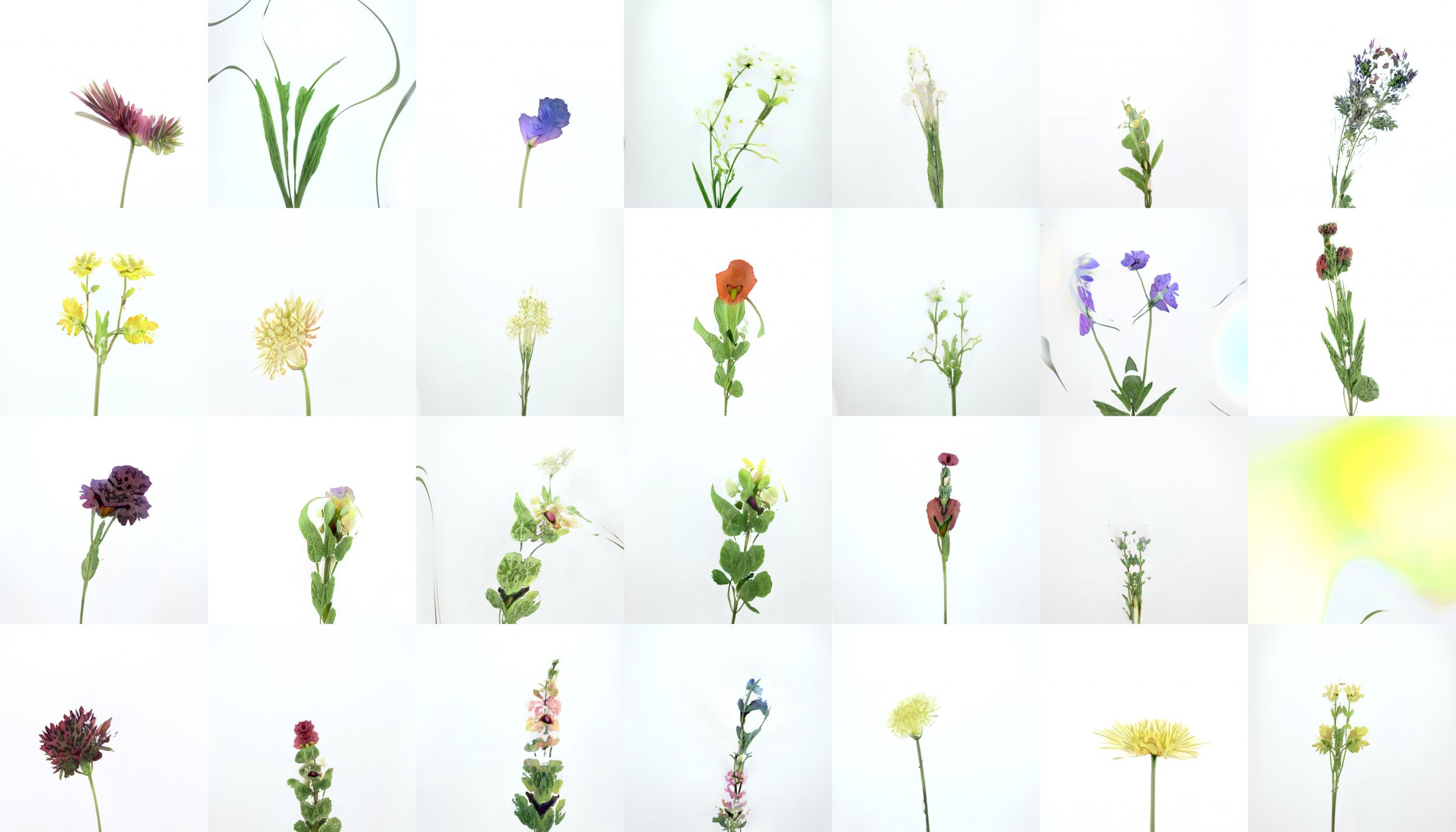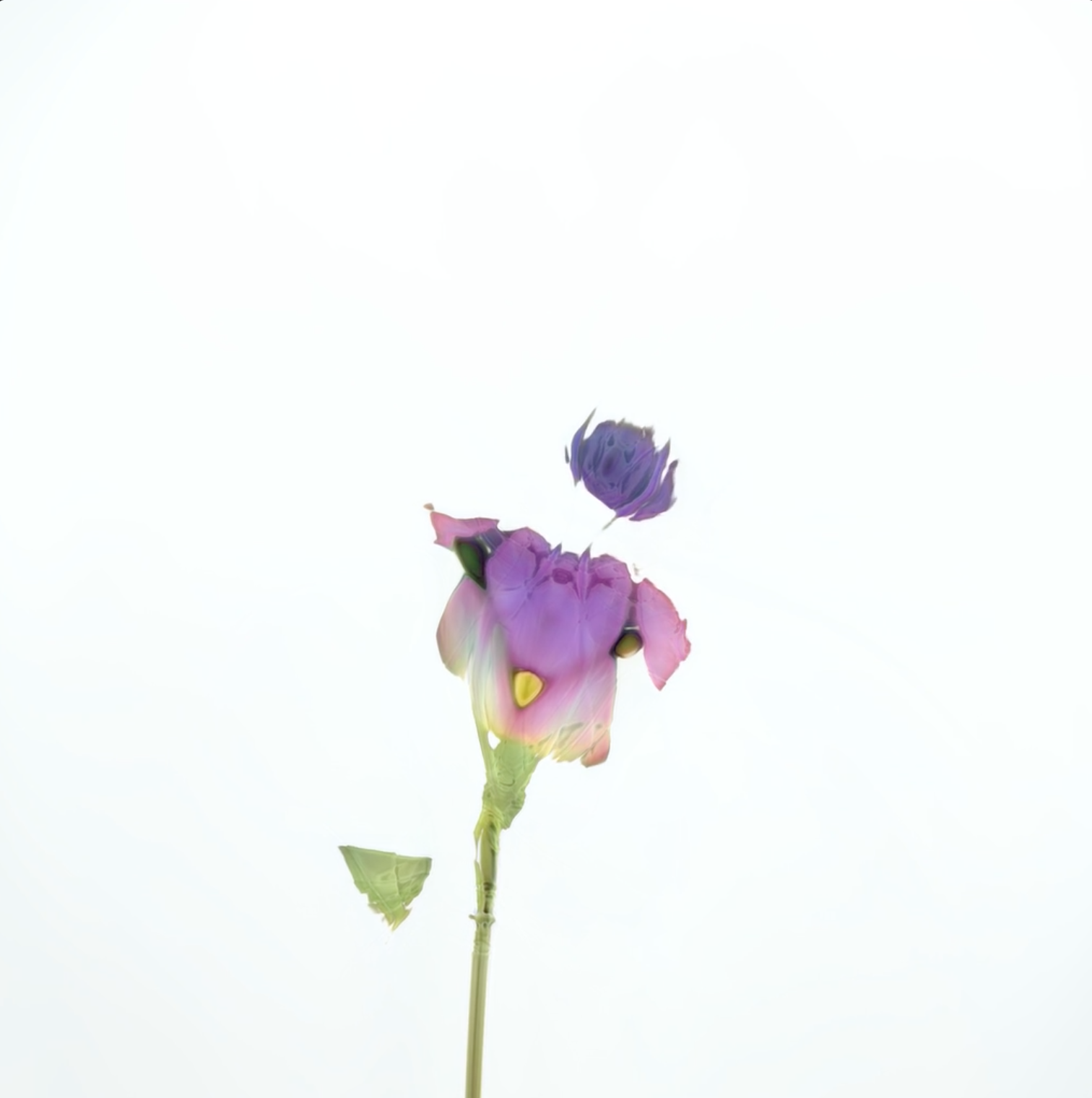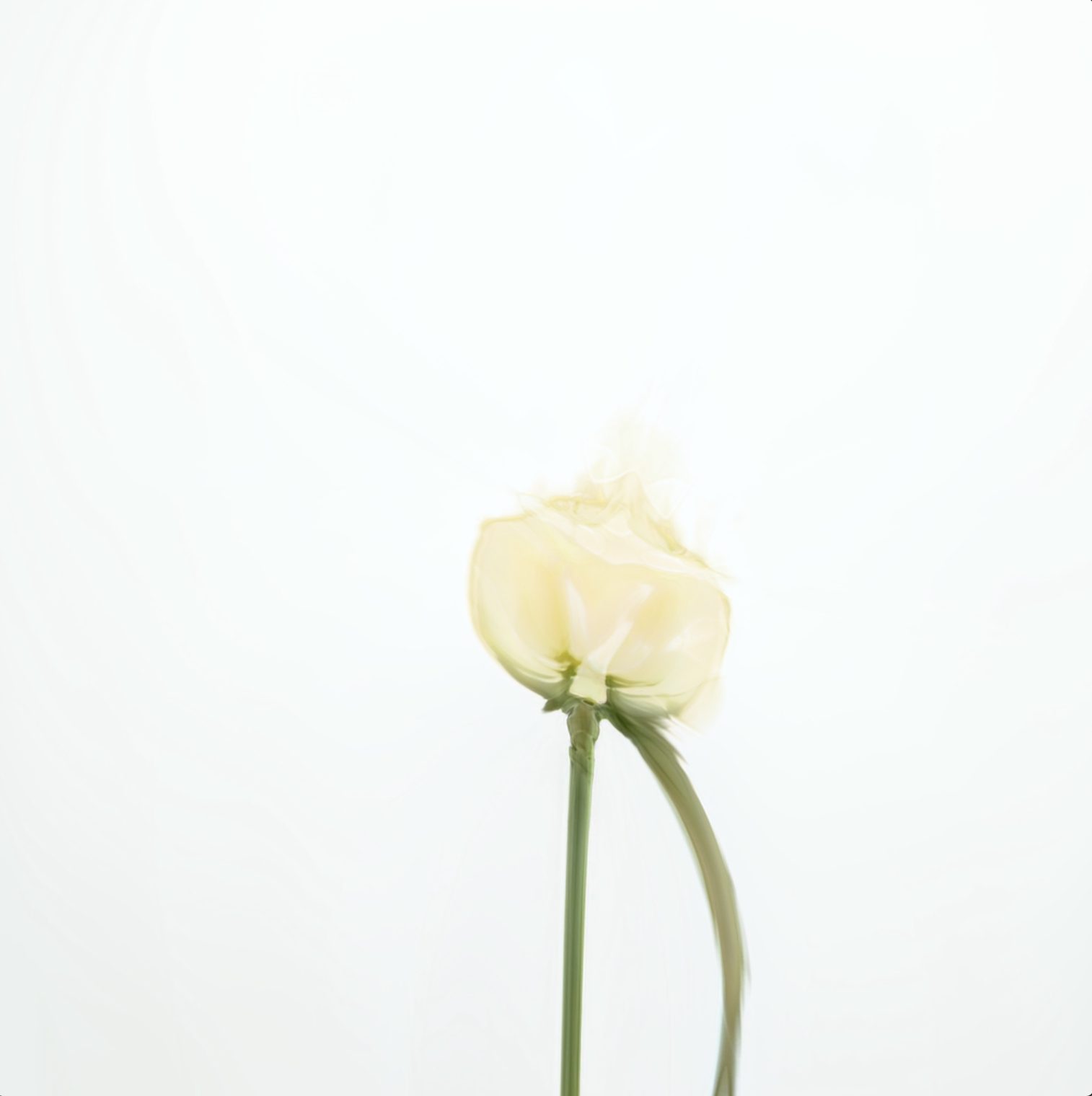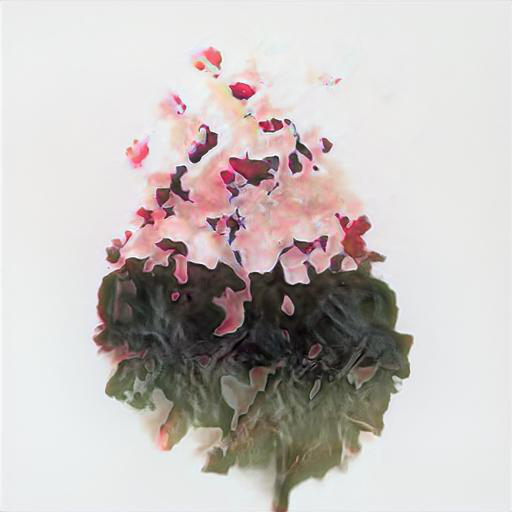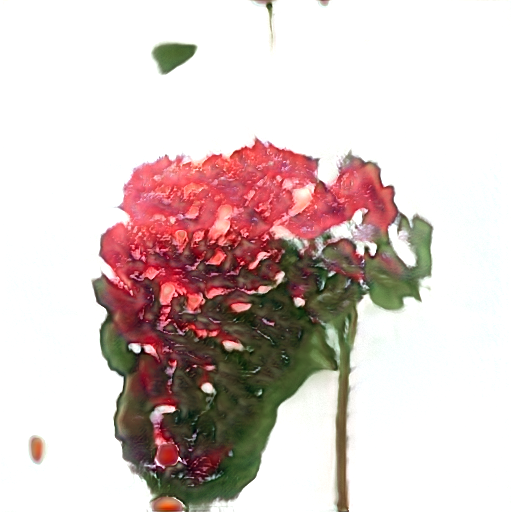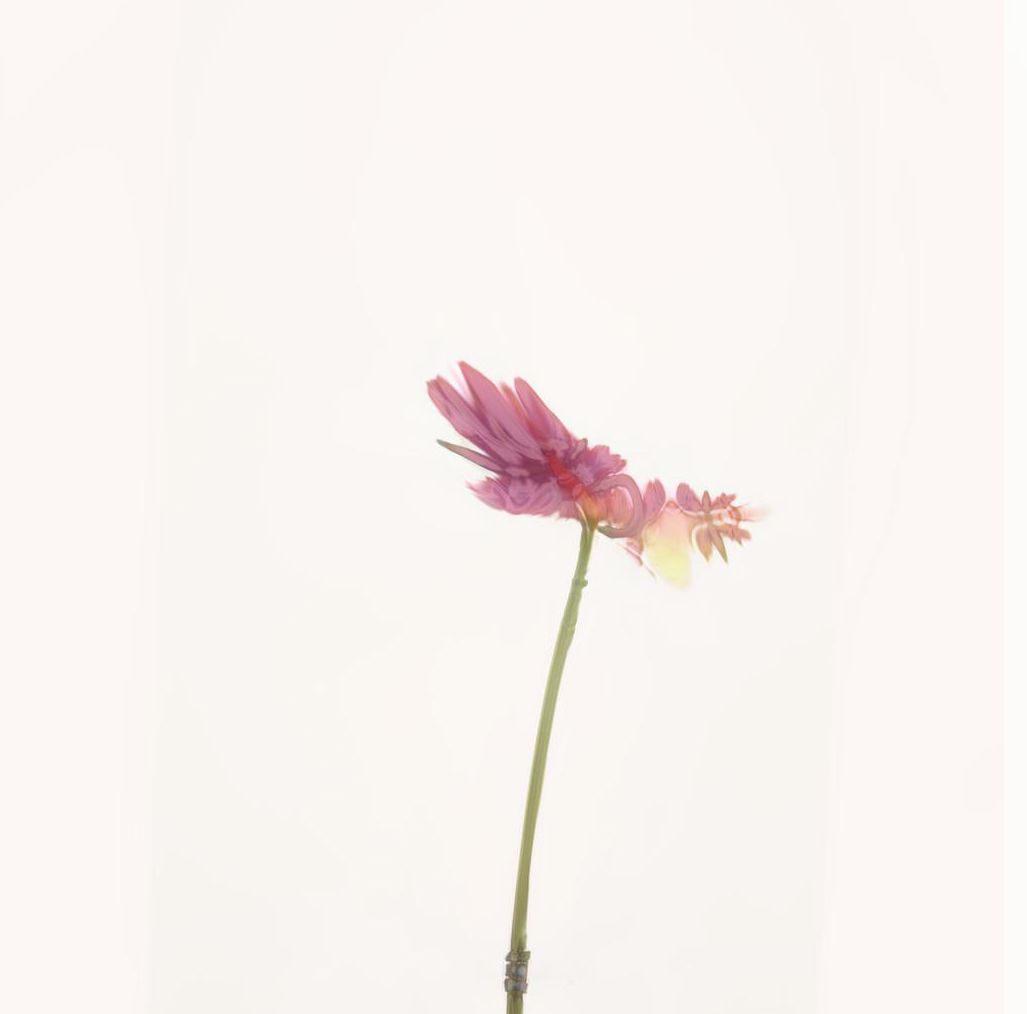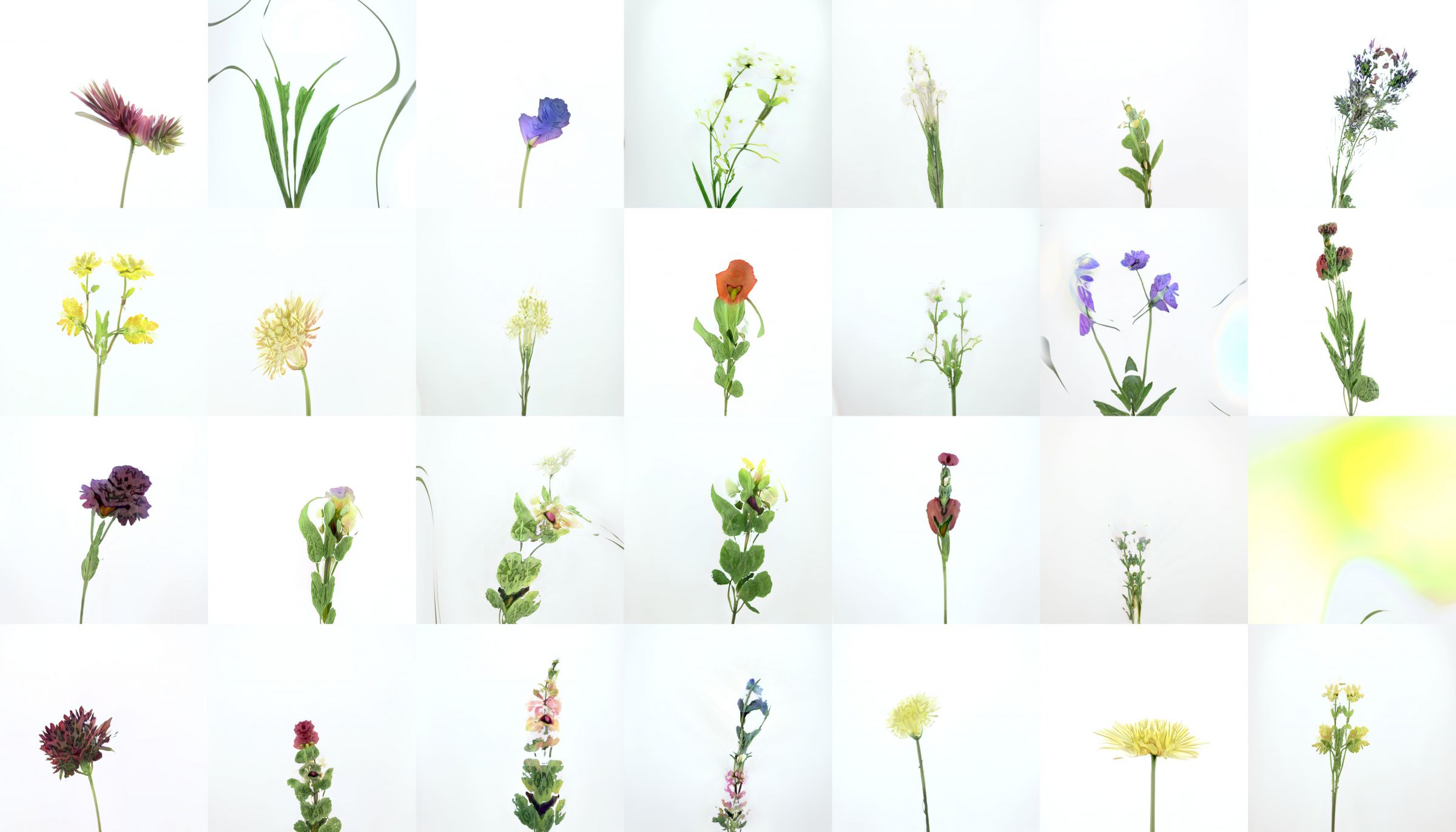Nature as property
Nature often takes the position of autonomous domain. The domain that falls outside our capitalist system. The best things in life are free. This suggests a free natural world, but our natural world is anything but free.
in collaboration with WhiteNoiseDADA
Our market thinking permeates everything. Long-stemmed broccoli has been released from its patent1, but many vegetables and plants are owned. Our dominant attitude is intertwined in our relationship with nature.
Nature has long been used as a capital asset. As in ownership. But ownership is also a positive factor, ownership brings responsibility. This means that nature is also part of the range of care. Because a problem cannot be solved without an owner. Problem owner is a term I recently heard being used by officials. A bizarre word from an official angle. But maybe it’s good to explore this. To what extent can you own a problem? Does that make you the owner of the answer too? Are you responsible for finding the answer? Or are you responsible for asking the question?
Nature could use some problem owners. And although one specialist after another has been speaking out about nature for years, this is the moment when the capitalisation of nature may have to be used more widely than just for consumption. Nature could do with good owners, an identity that enforces proper use. Shareholders who benefit from its wellbeing, CEOs who can be held accountable for its condition. An index in which each country must contribute to mitigating the damage depending on its emissions. It is time for a united construct of nature.2
This is a great concept, political ecology3, but plants don’t organise themselves in parliaments and do not seem to care much about conferences and treaties. But the answer must be somewhere in this domain of ownership. Perhaps it is the blockchain that can identify indescribably difficult chains of pollution and identify the ecosystem of consumers, producers and polluters? A conversation with Alexandra Crouwers offered us a new perspective on NFTs4 and their ability to connect ecology and (digital) models56.
At the same time AI developed a place where technology can grow in an organic way. Technology is becoming more autonomous by the integration of AI but at the same time our nature is becoming more depended on our technology. The area of technology and nature are becoming closer and closer.
Should we search for blockchains who can locate, trace and help to minimise the footprint? Who would be a good owner of our natural world? And what if you own nature? What rights do you acquire with this ownership? What obligations are associated with this ownership? Perhaps it is time to question these roles more clearly, not within the current structures of a national government, a European Union or a treaty, but within its own legal structure.
What would we do if we were judged on the performance of our river water, on the quality of our air? And what would a shareholders meeting of the sun look like? Can we own something without imposing our own will? Will we smother it with regulations? Can we own something that we don’t wish to impose our will on?
3 Cluitmans, Laurie (ed.), (2021), on the necessity of gardening, Valiz, Amsterdam
5 Alexandra Crouwers hielp ons in een gesprek met onze zoektocht naar de mogelijkheden van NFT, in te zetten als duurzaam middel in plaats van een consumerend middel

